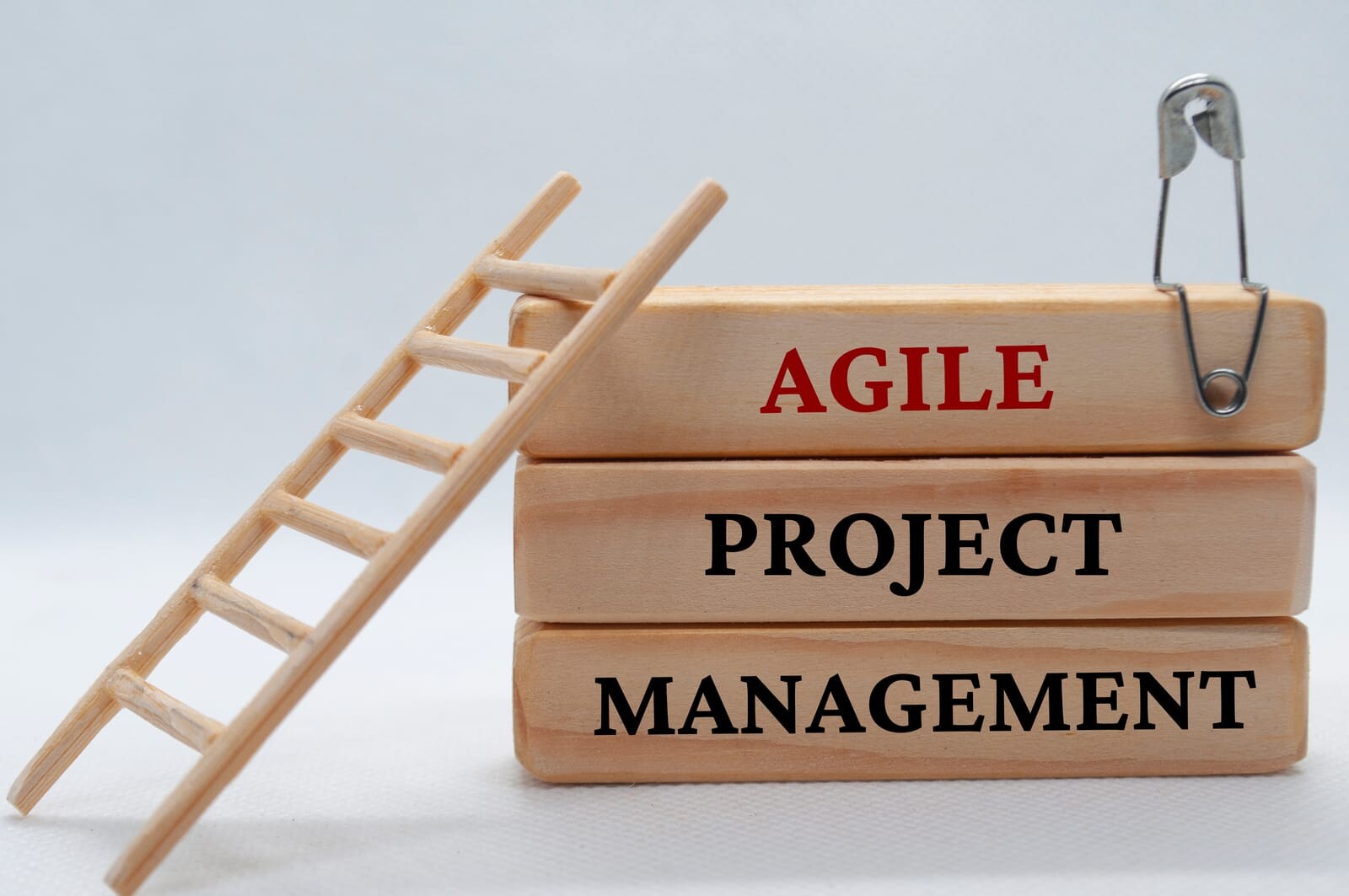Scrum Master
The Scrum Master plays an essential role in a Scrum team by ensuring that the team adheres to Agile principles and Scrum practices. Here’s why the role is crucial, the vital skills needed, situations when you may or may not need a Scrum Master, and tips on how to become a successful Scrum Master:
Why is the role of a Scrum Master essential?
- Facilitates scrum processes: The Scrum Master helps the team follow Scrum ceremonies (like daily stand-ups, sprint planning, reviews, and retrospectives) and ensures that these processes are practical and efficient.
- Removes impediments: They identify obstacles that hinder the team’s progress, allowing it to focus on delivering value without unnecessary interruptions.
- Coaches the team: Scrum Masters coach the team and organization on Agile practices, ensuring everyone understands the principles of Scrum and how to apply them effectively.
- Promotes collaboration: They foster an environment where team members communicate openly and work together towards common goals.
- Ensures continuous improvement: By facilitating retrospectives and encouraging feedback, the Scrum Master ensures the team continuously improves their processes and performance.
- Protects the team: They shield the team from external distractions and pressures, allowing them to focus on delivering the sprint goals.
- Servant leadership: The Scrum Master leads by serving the team, enabling them to achieve their full potential and deliver high-quality products.
Seven vital skills of a scrum master
- Facilitation skills: A Scrum Master must be an excellent facilitator, guiding discussions during Scrum ceremonies and helping the team reach a consensus.
- Communication skills: Clear and effective communication is crucial for aligning the team, stakeholders, and product owners on goals and expectations.
- Conflict resolution: Mediating and resolving disagreements is vital for maintaining a healthy and productive team environment.
- Coaching and mentoring: A good Scrum Master mentors the team in Agile practices and encourages a culture of continuous learning and improvement.
- Adaptability: Agile environments are dynamic, and a Scrum Master needs to be flexible and adapt to changing circumstances and team needs.
- Empathy: Understanding and relating to team members' challenges and emotions helps build trust and supports effective collaboration.
Technical understanding: While not necessarily a technical expert, a Scrum Master should understand the technical aspects of the project to facilitate discussions and effectively remove impediments.
When Do You Need a Scrum Master?
Need a scrum master:
- When your organization is adopting or scaling Agile practices.
- When your team struggles with collaboration, communication, or following Scrum processes.
- When some frequent impediments or obstacles hinder progress.
- When the team needs guidance in applying Agile principles effectively.
Don't need a scrum master:
- When the team is highly experienced in Agile practices and operates smoothly without external facilitation.
- In tiny teams or startups, the roles of Scrum Master, Product Owner, and Developer might be combined, provided they don't hinder productivity.
- When an organization is not using or planning to adopt Agile methodologies.
How to Become a Successful Scrum Master
Gain a deep understanding of scrum: Thoroughly study Scrum principles, frameworks, and practices. Consider obtaining a certification like Certified ScrumMaster (CSM).
Develop soft skills: Hone your communication, facilitation, and conflict resolution skills. These are critical to leading a team effectively.
Learn from experience: Actively participate in Scrum teams and learn from each project. Experience is critical to understanding the nuances of team dynamics and Scrum processes.
Stay adaptable: Be open to change and continuously improve your approach to fit the team’s needs and the project’s demands.
Build relationships: Establish trust and rapport with your team members. A strong relationship foundation makes coaching, mentoring, and leading easier.
Focus on continuous improvement: Encourage your team to reflect on and improve their processes continuously. Lead by example in seeking feedback and adapting your approach.
Stay informed: Keep up-to-date with the latest trends and developments in Agile and Scrum practices through continuous learning and networking with other Scrum Masters.
In summary, the Scrum Master’s role is essential for ensuring the success of Agile teams. With the right skills, mindset, and approach, a Scrum Master can significantly contribute to the team's effectiveness and the project's overall success.
